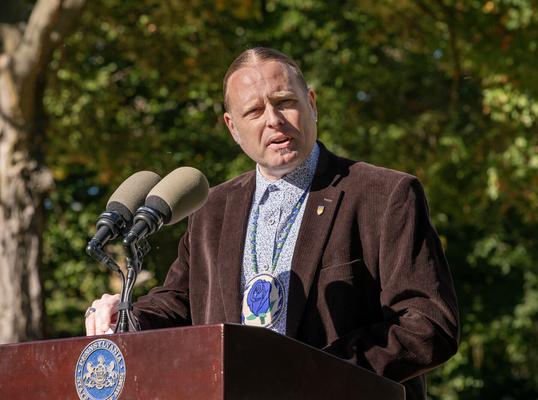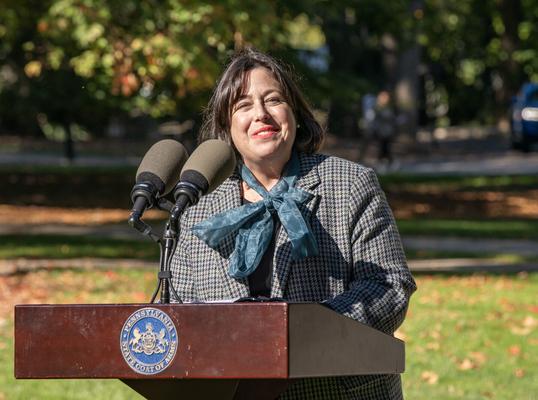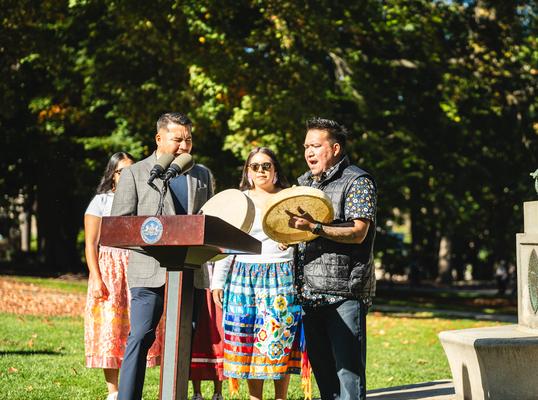Native American history is part of the landscape in Pennsylvania where many towns and rivers, such as the Delaware, share Indigenous names. But with no tribal communities left in the state, that history is often incomplete or inaccurate.
Through a grant from the Appalachian Regional Commission, the Pennsylvania Tourism Office and Lehigh’s Institute for Indigenous Studies (IIS) hopes to change that by working with federally recognized tribes to develop a plan highlighting the state’s Indigenous histories, stories and cultures.
“Much of what we are taught about Native peoples—what we know or think we know— is unfortunately inaccurate,” said Sean M. Daley, director of the IIS. “Hundreds of years of colonialistic and assimilationist U.S. federal Indian policies have contributed to this, as well as biases and prejudice among non-Native individuals, communities and institutes.”








